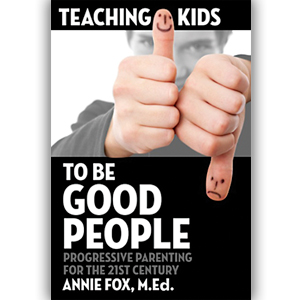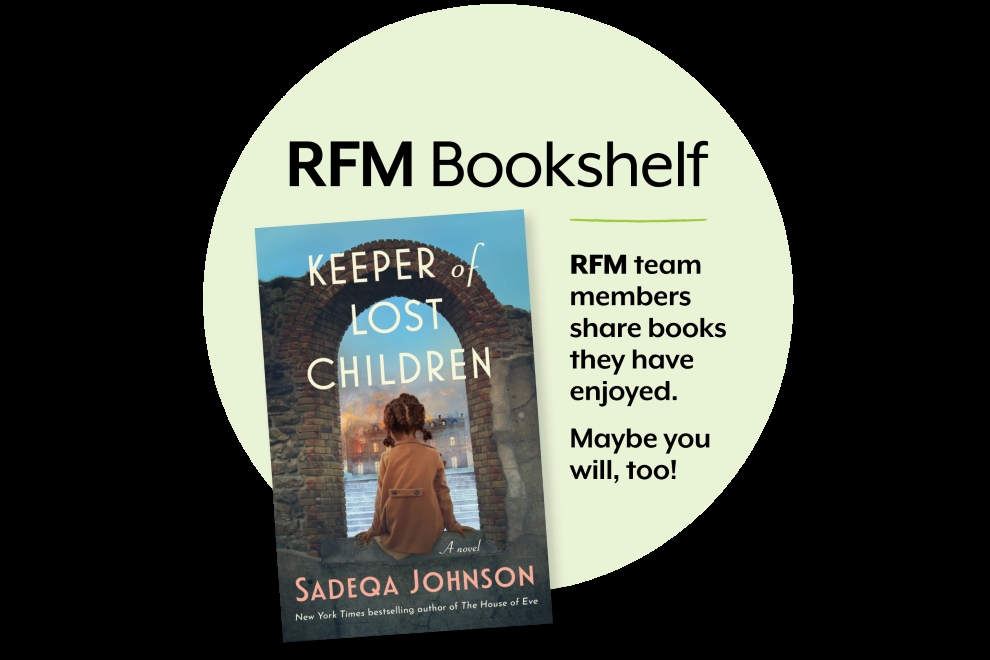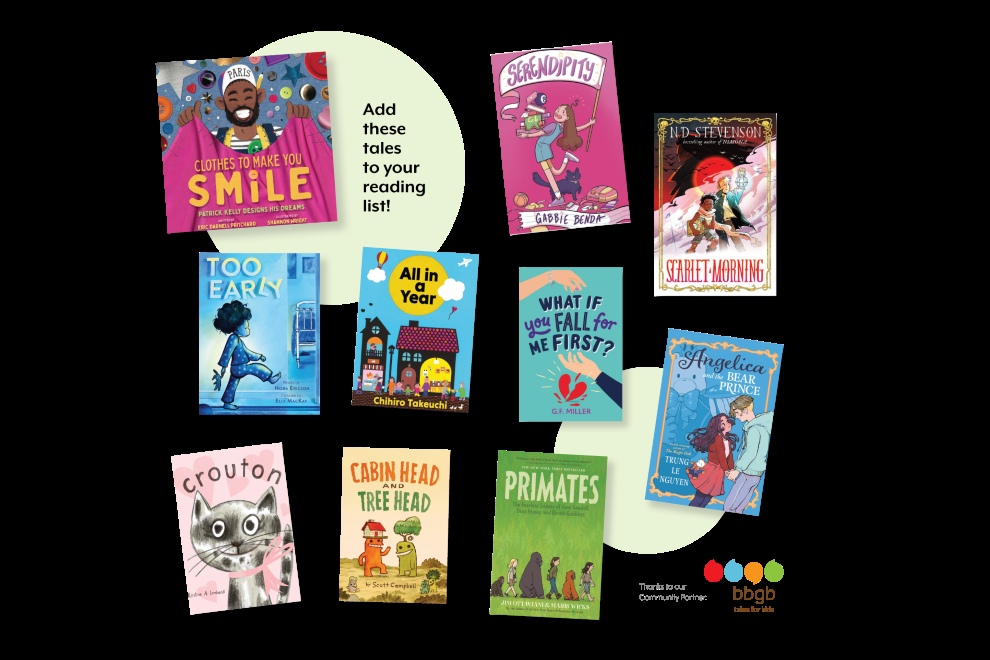I decided to blog about Teaching Kids to be Good People by Annie Fox because the holiday season seems like the perfect time for parents to learn more about raising children who have the courage to do the right thing. In her personal, step-by-step guide, Fox offers up progressive parenting solutions for the 21st century. After all, she writes, “Obviously not all teachers are parents but all parents are teachers…When we teach kids to be good people we help the world becomes a safer, saner, more equitable place for all of us.”
With ‘What would you teach here?’ moments in every chapter, readers can reflect on how they’d react and then compare their reactions with Fox’s reply. The ebook I’m reading is this incredible interactive experience for parents interested in teaching their children to be good people both on and offline. Hyperlinks not only lead parents to websites but also podcasts from her series, “Family Confidential.” And every chapter contains ‘Real World Assignments,’ offering parents the opportunity to listen in, provoke conversations that count, and teach.
“Because most parents don’t teach kids about expressing emotional needs, teens rarely say: I need a hug. I need to share this exciting news. I need you to listen. I need you to tell me the truth. I need help,” claims Fox. She explains, “Most of us are much quicker to stand up for others than for ourselves. On some level we must believe we don’t deserve to get our emotional needs met.” This is problematic when raising children, because as Fox argues, an unwillingness to ask for help often accompanies a bad habit of pretending things are fine when they are not. While Fox recognizes that self-reliance is essential, she believes, “When we let people know how we feel and allow them to love us and help us, we honor our humanity.” Therefore, it’s important for parents to ask, ‘How can I help?’ when they see their child is upset.
What I found particularly interesting about Fox’s philosophy is her think of the bigger picture directive. “If you want your child to become a good person whose actions demonstrate a high level of personal integrity, if you want her to help promote more friendship, peace, and justice in the world,” she believes, “you need a plan.” It’s this call for thoughtful parenting that really appeals to me. Fox insists character development is an ongoing process; therefore, she argues parents should “talk about ethical behavior where you see it and where you don’t.” While she realizes this is no easy task, Fox believes that if parents model it in their own lives, they can help their children learn from their mistakes. One of my favorite ‘Real World Assignments’ for promoting this kind of mindfulness is the following: “If a hidden video camera recorded your family’s typical interactions, what would it capture?”
When in doubt, Teaching Kids to be Good People contains a variety of quizzes to assist you with starting conversations that count. Whether it’s the initial Family Climate Questionnaire or one questioning your assumptions about self-reliance, you’re bound to find an assortment of empowerment tools in this book. After all, as Fox establishes, “Parenting and teaching are both highly nuanced arts;” therefore, it is only through thoughtfulness that we can really give our children what they need this holiday season – compassion.
Follow @WinterhalterV on Twitter for updates on blog posts or like Parenting by the Book on Facebook.
Read my other blog Befriending Forty.




